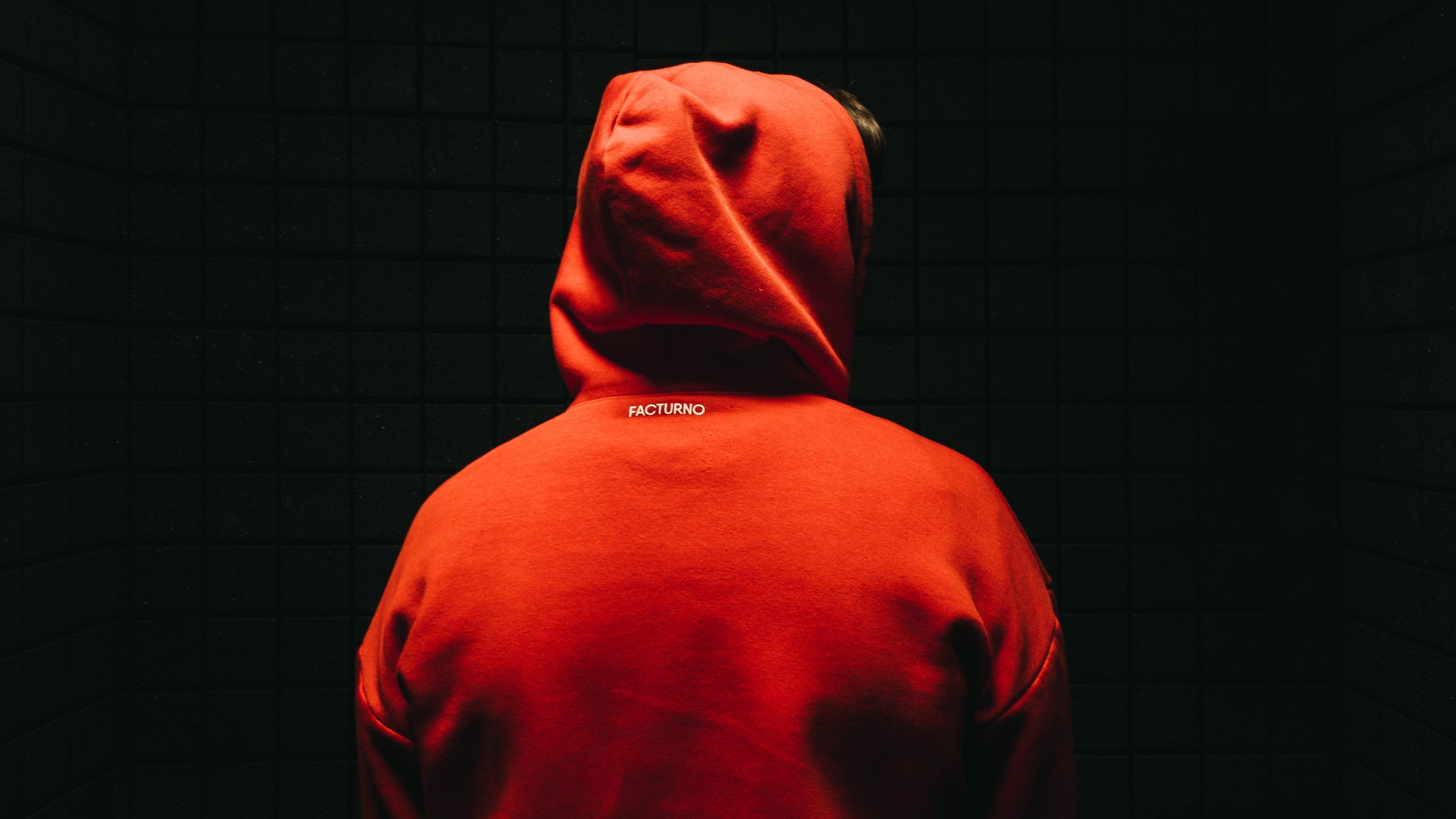
Photo by Eugene Chystiakov on Unsplash
<h2><span data-contrast="auto">“Alternative Education is failing the very young people it should support,” says Ruth Shinoda, ERO Deputy Chief Executive of Te Ihuwaka. </span><span data-ccp-props="{";134233117";:false,";134233118";:false,";201341983";:0,";335551550";:1,";335551620";:1,";335559685";:0,";335559737";:0,";335559738";:0,";335559739";:160,";335559740";:259}"> </span></h2>
<p><span data-contrast="auto">Alternative Education is an intervention designed for secondary-school aged young people who are judged to be unlikely to benefit in traditional school models. The model supports over 2000 young people who are disengaged or disenfranchised from the school system. Many are in the youth justice system, and have been exposed to crime, violence and trauma. One in six learners in Alternative Education have been in Oranga Tamariki care.</span><span data-ccp-props="{";134233117";:false,";134233118";:false,";201341983";:0,";335551550";:1,";335551620";:1,";335559685";:0,";335559737";:0,";335559738";:0,";335559739";:160,";335559740";:259}"> </span></p>
<p><a href="https://www.schoolnews.co.nz/latest-print-issue/" target="_blank" rel="noopener"><strong>Read the Term 3 edition of <em>School News</em> HERE</strong></a> </p>
<p><span data-contrast="auto">Shinoda’s comments come after the release of a report from the ERO in July which looked into the <a href="https://www.schoolnews.co.nz/2023/10/student-wellbeing-in-education-a-new-report-from-moe/" target="_blank">Alternative</a> Education model. It found that less than 10 percent of learners in Alternative Education achieve NCEA Level Two. </span><span data-ccp-props="{";134233117";:false,";134233118";:false,";201341983";:0,";335551550";:6,";335551620";:6,";335559685";:0,";335559737";:0,";335559738";:0,";335559739";:160,";335559740";:259}"> </span></p>
<figure id="attachment_27673" aria-describedby="caption-attachment-27673" style="width: 2560px" class="wp-caption alignnone"><img class="wp-image-27673 size-full" src="https://www.schoolnews.co.nz/wp-content/uploads/2023/09/scott-webb-O0T1SIgHAfM-unsplash-scaled.jpg" alt="" width="2560" height="1707" /><figcaption id="caption-attachment-27673" class="wp-caption-text">Photo by Scott Webb on Unsplash.</figcaption></figure>
<p><span data-contrast="auto">The report also found that only one in five educators in Alternative Education are registered teachers, and many providers lack access to resources. The model also receives comparatively less funding than similar programmes in other settings, and providers of Alternative Education need to fundraise to remain viable. The system has a lack of accountability, and many facilities are outdated. </span><span data-ccp-props="{";134233117";:false,";134233118";:false,";201341983";:0,";335551550";:1,";335551620";:1,";335559685";:0,";335559737";:0,";335559738";:0,";335559739";:160,";335559740";:259}"> </span></p>
<p><span data-contrast="auto">“Learners in Alternative Education have significantly worse outcomes than other young people, worse even than those who are similarly disengaged. We know that the long-term costs for these learners, their whānau and society can be devastating,” says Shinoda. </span><span data-ccp-props="{";134233117";:false,";134233118";:false,";201341983";:0,";335551550";:1,";335551620";:1,";335559685";:0,";335559737";:0,";335559738";:0,";335559739";:160,";335559740";:259}"> </span></p>
<blockquote>
<p><span data-contrast="auto">“Alternative Education is failing because of the current model – with a lack of qualified teachers, inadequate funding and no accountability.</span><span data-ccp-props="{";134233117";:false,";134233118";:false,";201341983";:0,";335551550";:1,";335551620";:1,";335559685";:0,";335559737";:0,";335559738";:0,";335559739";:160,";335559740";:259}"> </span></p>
</blockquote>
<p><span data-contrast="auto">“Alternative education is a missed opportunity to change these young people’s life trajectories. We know that when they are in Alternative Education they attend more and have a stronger sense of belonging.” </span><span data-ccp-props="{";134233117";:false,";134233118";:false,";201341983";:0,";335551550";:1,";335551620";:1,";335559685";:0,";335559737";:0,";335559738";:0,";335559739";:160,";335559740";:259}"> </span></p>
<p><span data-contrast="auto">Shinoda continues that the last review of Alternative Education was 12 years ago, which found similar shortcomings. </span><span data-ccp-props="{";134233117";:false,";134233118";:false,";201341983";:0,";335551550";:1,";335551620";:1,";335559685";:0,";335559737";:0,";335559738";:0,";335559739";:160,";335559740";:259}"> </span></p>
<p><span data-contrast="auto">Still, despite these damning reports, young people in alternative education say that they still </span><a href="https://theconversation.com/school-of-last-resort-how-to-fix-nzs-vital-but-ignored-alternative-education-system-208741" target="_blank"><span data-contrast="none">prefer the model to mainstream education</span></a><span data-contrast="auto">. They also overwhelmingly feel safe, connected and culturally respected, and they report regularly receiving help from their tutors. </span><span data-ccp-props="{";134233117";:false,";134233118";:false,";201341983";:0,";335551550";:1,";335551620";:1,";335559685";:0,";335559737";:0,";335559738";:0,";335559739";:160,";335559740";:259}"> </span></p>
<p><span data-contrast="auto">Adrian Schoone, a Senior Lecturer in Education at the Auckland University of Technology argues that the goals for alternative education then, cannot simply be measured by academic outcomes. Still, Schoone notes that investment in alternative education is needed to better support young people who move in and out of that system. </span><span data-ccp-props="{";134233117";:false,";134233118";:false,";201341983";:0,";335551550";:1,";335551620";:1,";335559685";:0,";335559737";:0,";335559738";:0,";335559739";:160,";335559740";:259}"> </span></p>

EXCLUSIVE: Teachers used to be paid two to three times more than minimum wage workers,…
After an “overwhelming” vote to reject the latest Government offer, secondary school teachers will begin…
Second-language learning should be compulsory, says a new report from a forum bringing together academics,…
A new entitlement aimed to improve access to learning support coordinators for schools with students…
Educators have raised questions about the Ministry of Education’s new secondary school subjects, set to…
Professional learning and development (PLD) for teachers needs to be higher impact for teachers and…
This website uses cookies.